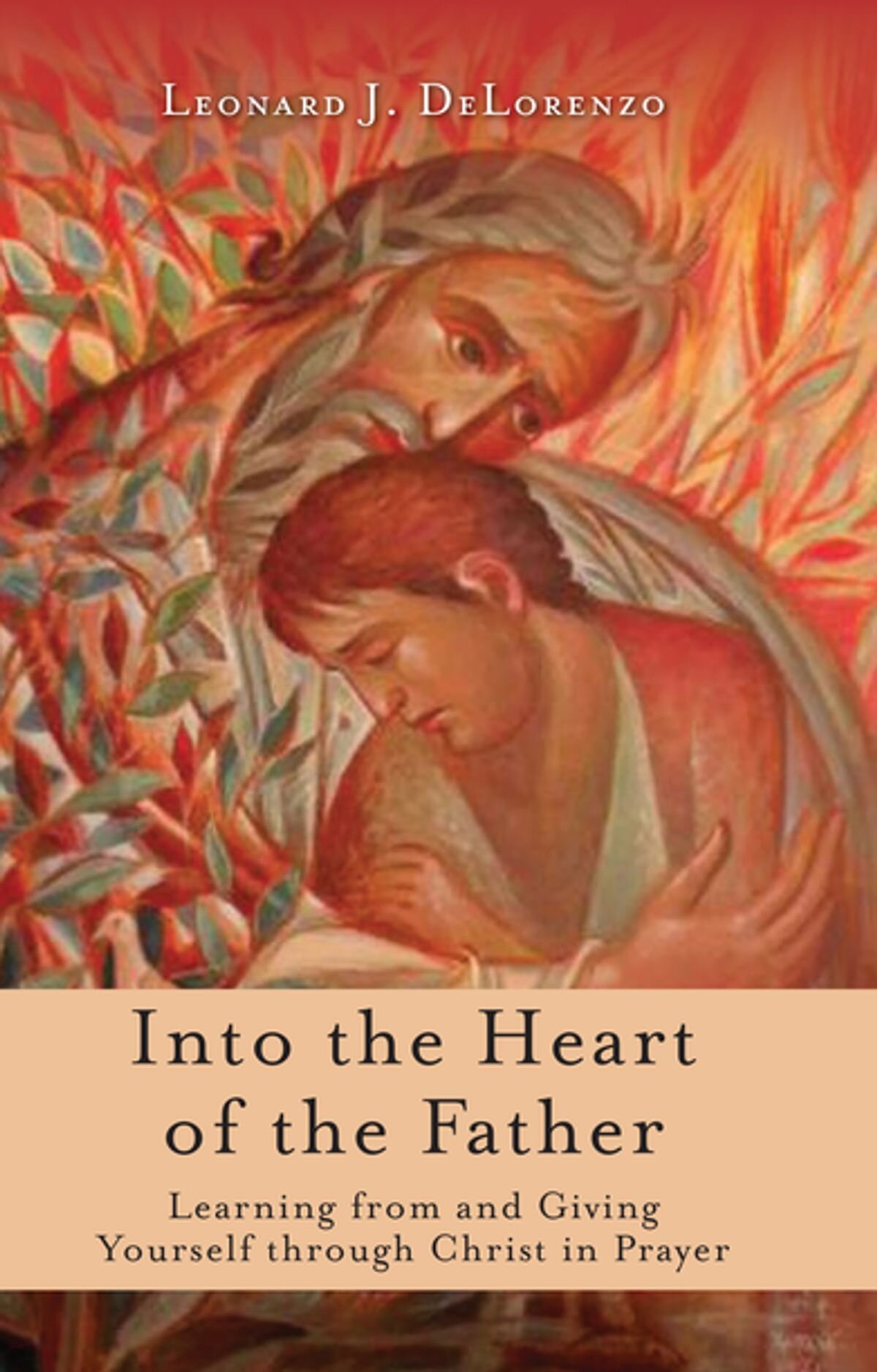Part 5 of “Learning to Pray to Our Father”
Preparing to participate in the reign of God means laying aside our own schemes for building our little kingdoms and organizing our worlds the way we would like them to be. To herald the coming of God’s kingdom means confessing the provisional nature of our plans and welcoming the death of our private authority, our myth of “self-rule.” In Christ, disciples share in God’s reign, not vice versa.
The cofounder of the Catholic Worker movement, Dorothy Day, was especially keen on this point. She once wrote that “you can strip yourself, you can be stripped, but still you will reach out like an octopus to seek your own comfort, your untroubled time, your ease, your refreshment.”[i] All these are ways of clinging to your own “self-rule.” Day urges us to stop being octopuses reaching for control and instead learn to receive God’s rule, God’s wisdom, God’s way.
She glimpsed something of this wondrous death to self in the tireless care of poor mothers, who practice prizing their children’s wellbeing over their own private preferences, even to the point of utter exhaustion:
Sometimes the only thing that keeps a woman going is the necessity of taking care of her young. . . . The young ones are dragging at her skirts, clamoring for something—food, clothing, shelter, occupation. She is carried outside herself. . . . She has a rule of life which involves others.[ii]
Parents who place the needs of their children first have already practiced letting go of their own lust for control.
To welcome the reign of a king means to welcome his authority, his customs, his ways and decrees. The disciple’s “rule of life” is God’s rule. It involves placing yourself in the position of fitting in and adapting, changing yourself as necessary. It also means being ready to be judged for the ways in which your own ways are not God’s ways, and your thoughts not his thoughts (see Isaiah 55:8–9).
When the younger son returned to his father’s household, in Jesus’ parable of the prodigal, the elder son refused to come inside (see Luke 15:25–32). He did not like the terms of the household. He had other ideas and other plans. He did not welcome the ways of his father but instead demanded that his father adapt to his ways.
For that elder son to truly pray for the coming of his father’s reign, he would have to let go of his own desire to reign supreme. He would have to stop reaching out like an octopus for his own comfort and his own arrangements and his own preferred way of doing things. He must die to himself to enter his father’s household on his father’s terms.
Jesus really does know the human heart.
[i] Dorothy Day, By Little and By Little: The Selected Writings of Dorothy Day, ed. Robert Ellsberg (New York: Alfred A. Knopf, 1984), 110.
[ii] Day, 100.
Practice praying: I invite and challenge you to pray the Lord’s Prayer each day this week. In fact, pray it twice each day. Pray it once, then spend several minutes pondering the significance of the words “Thy Kingdom Come.” Ask yourself: Do I truly desire God’s reign in my life and in this world? For most of us, that answer will be mixed. Beg the Lord to increase your desire. Take a few minutes to write your thoughts in a prayer journal. Then pray the Lord’s prayer again.
Find more: This series draws on sections of my book Into the Heart of the Father: Learning from and Giving Yourself through Christ in Prayer. I am grateful to my publisher, Word Among Us Press, for allowing me to share these sections with you here. If you are interested, I hope you will check out the book – I think you’ll like it.
Study and pray with others: I have also designed a reading, prayer, and discussion guide for groups that would like to read the book and learn how to pray better together. This is ideal for parishes, schools, and families.
Part 5: “Thy Kingdom Come”
